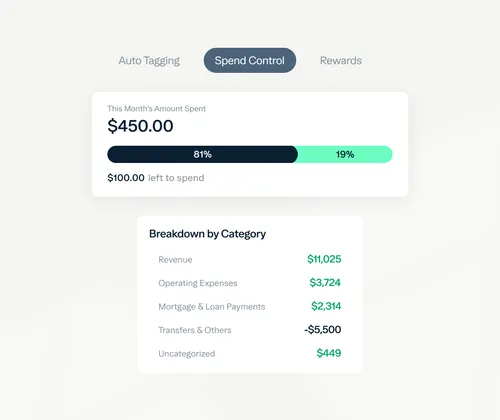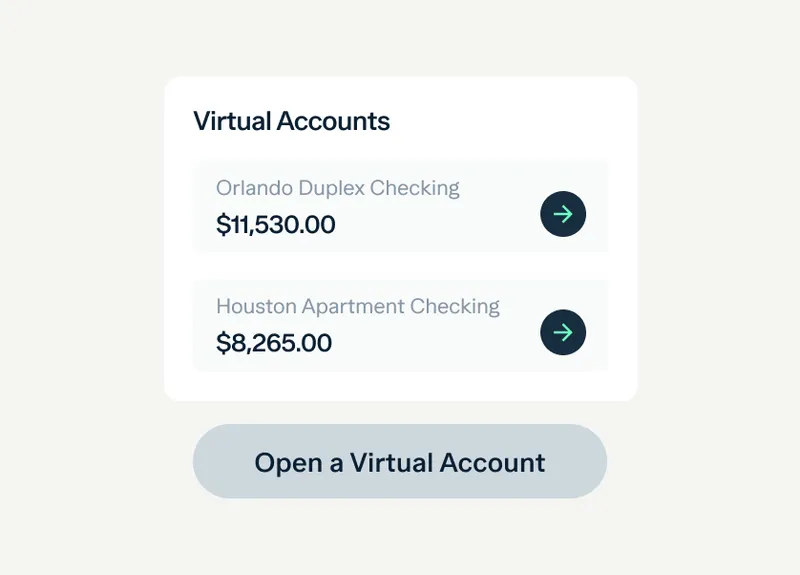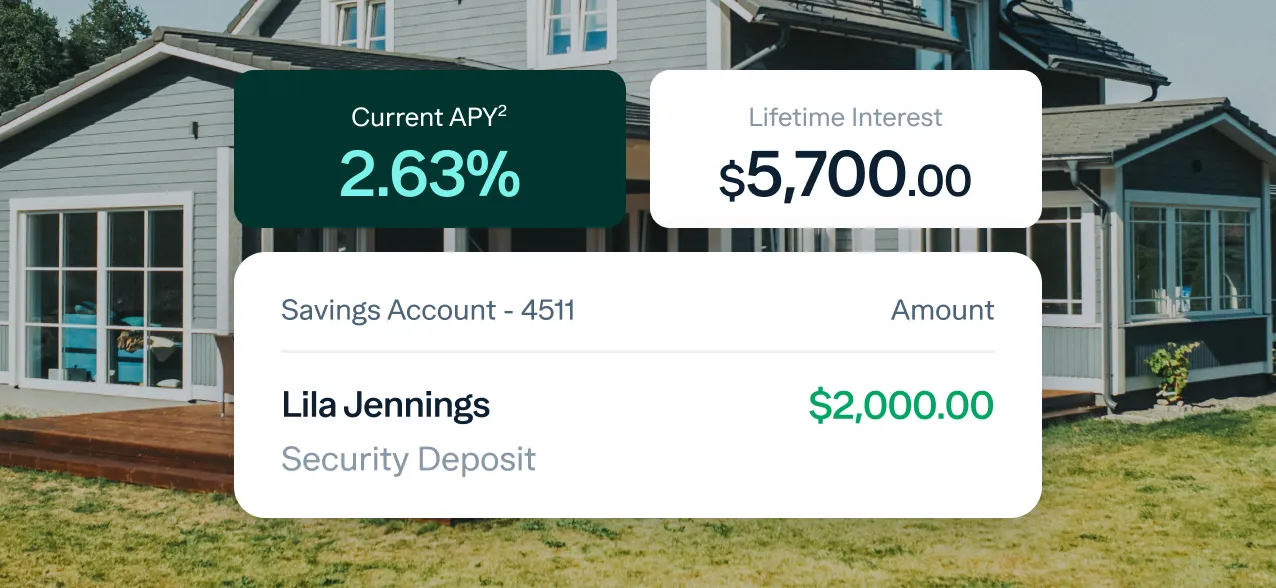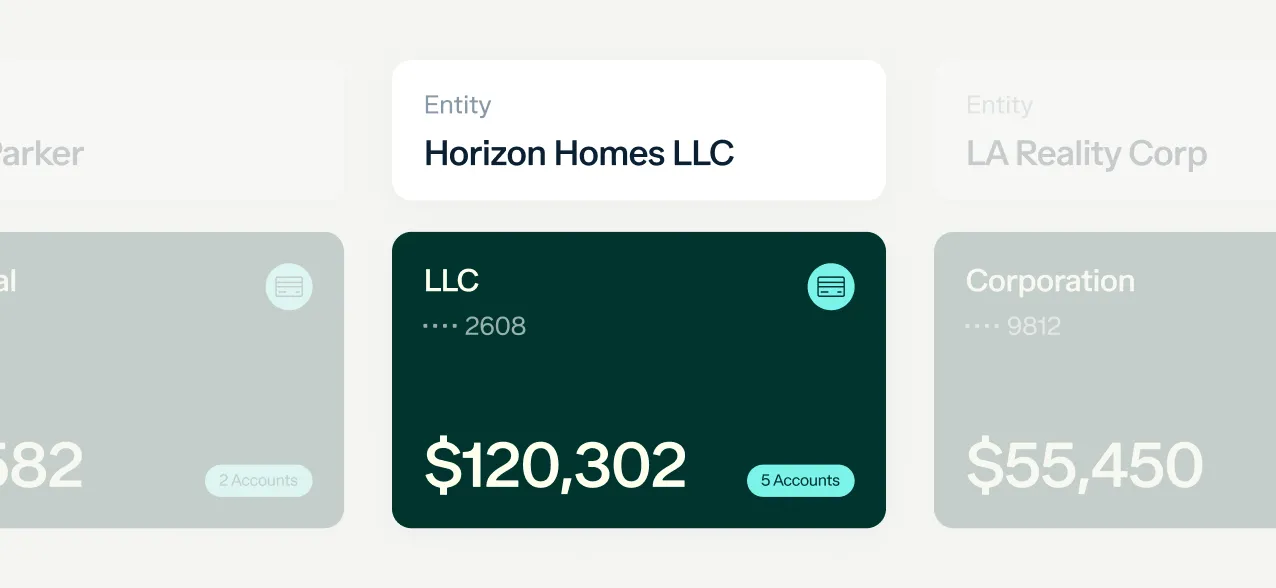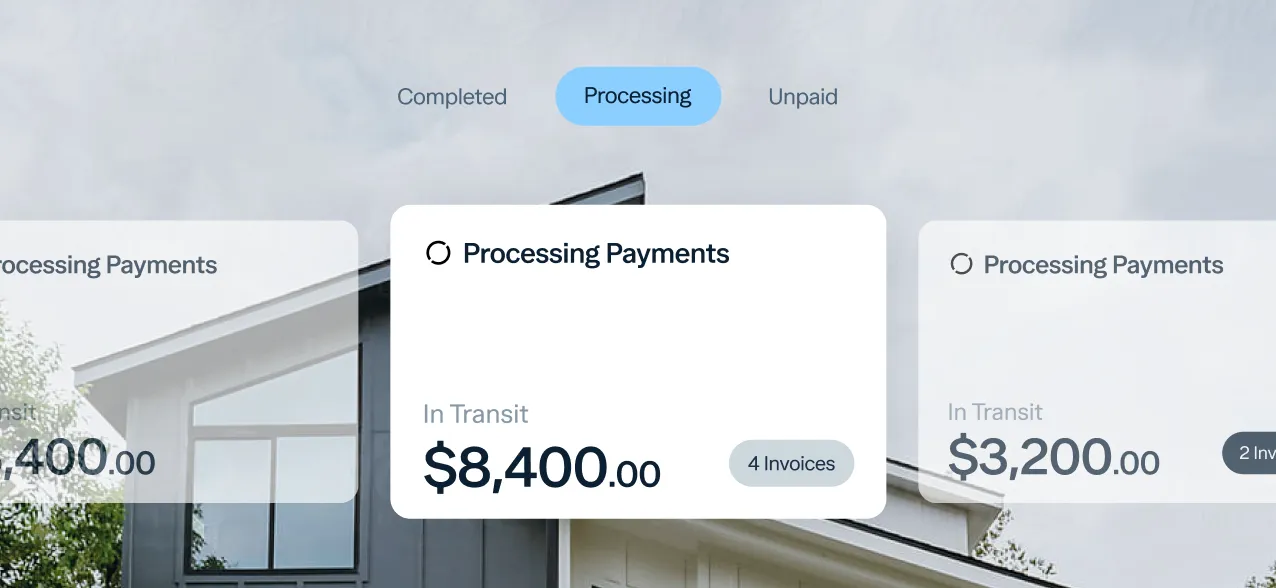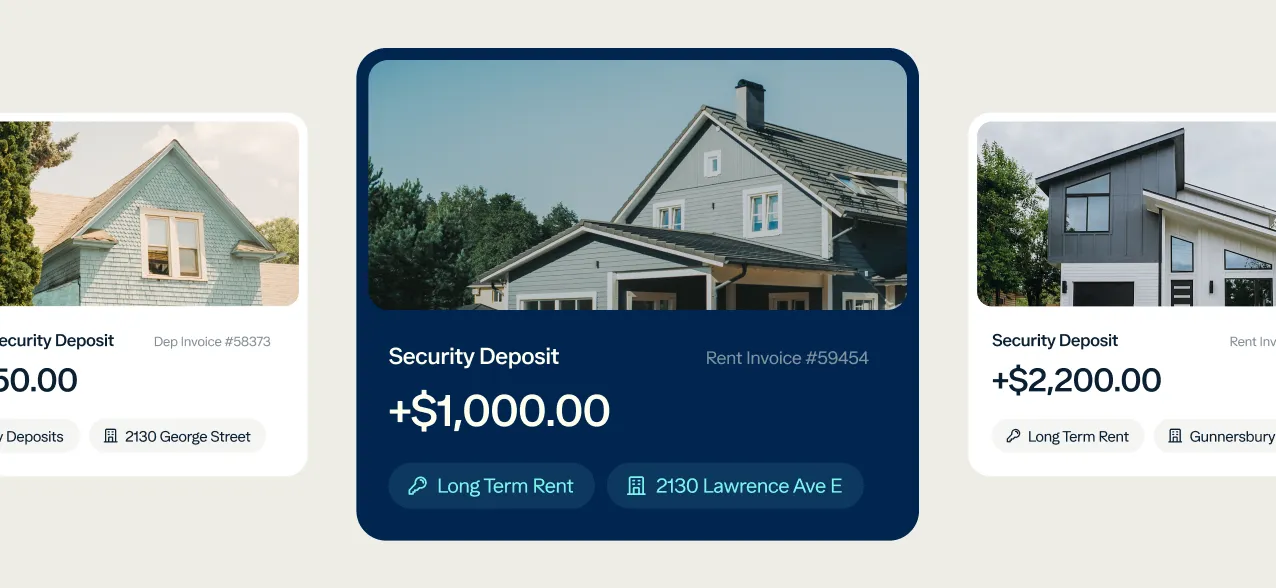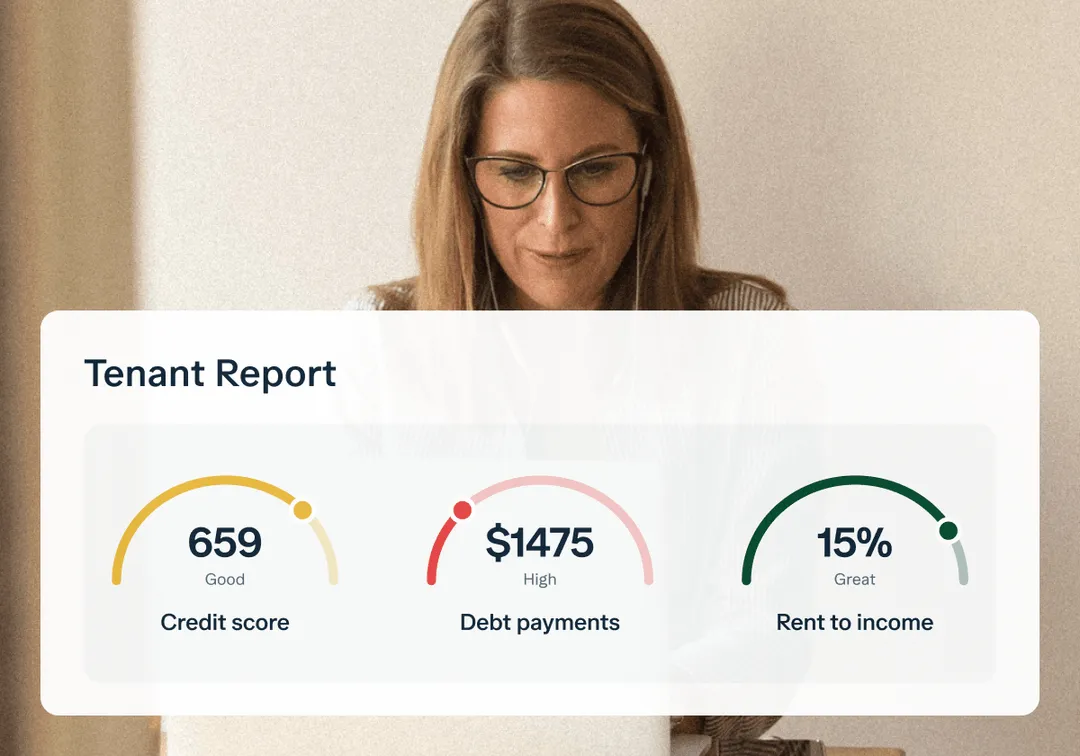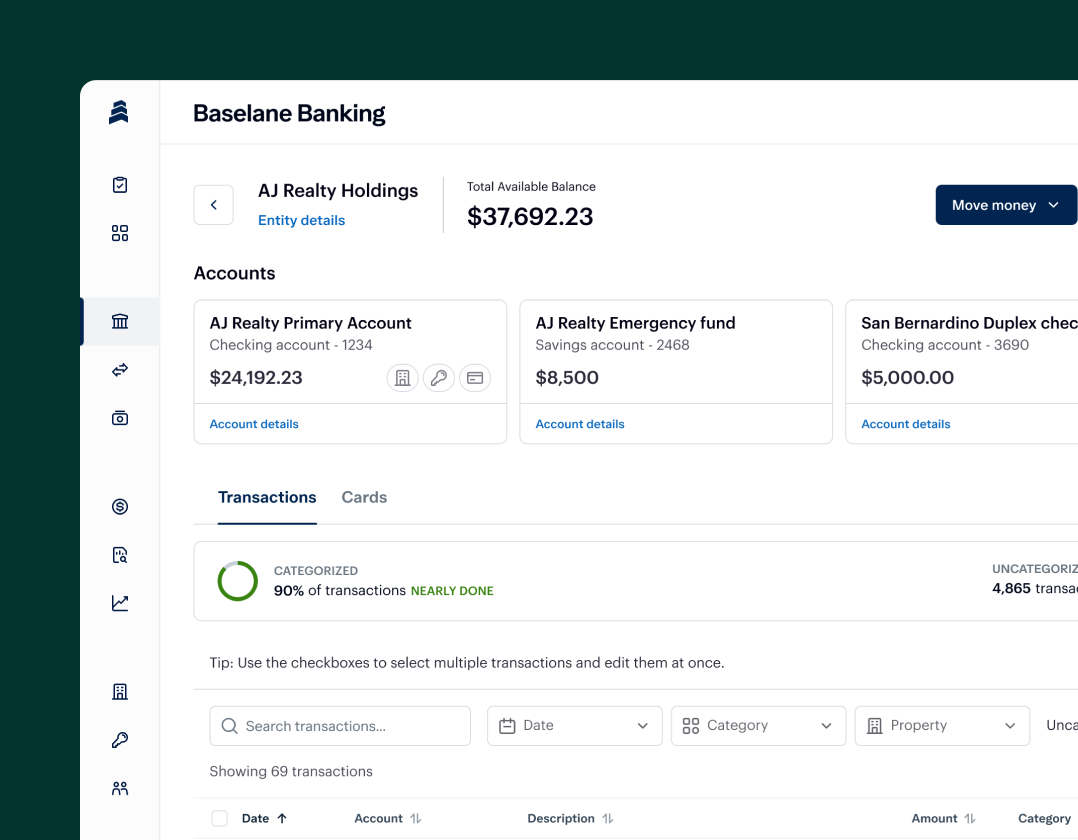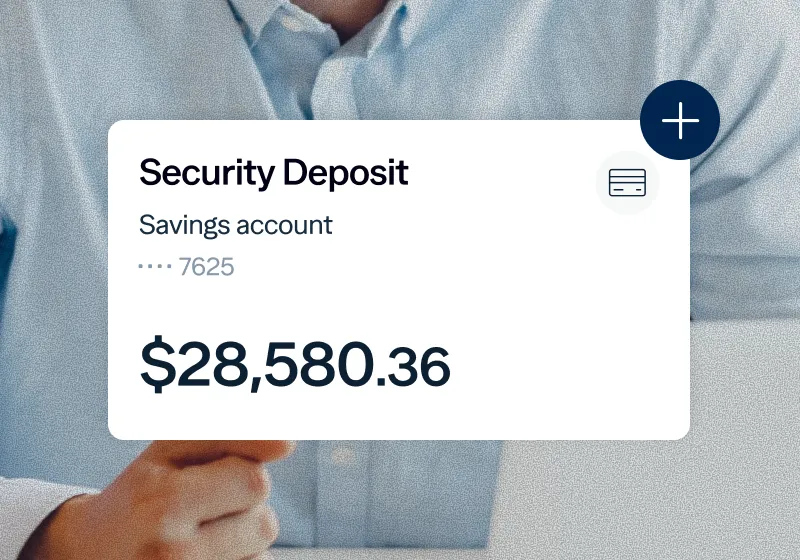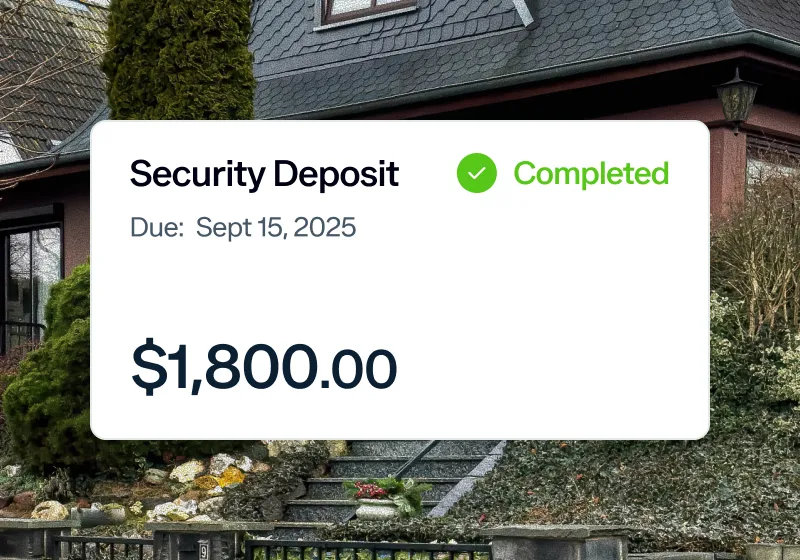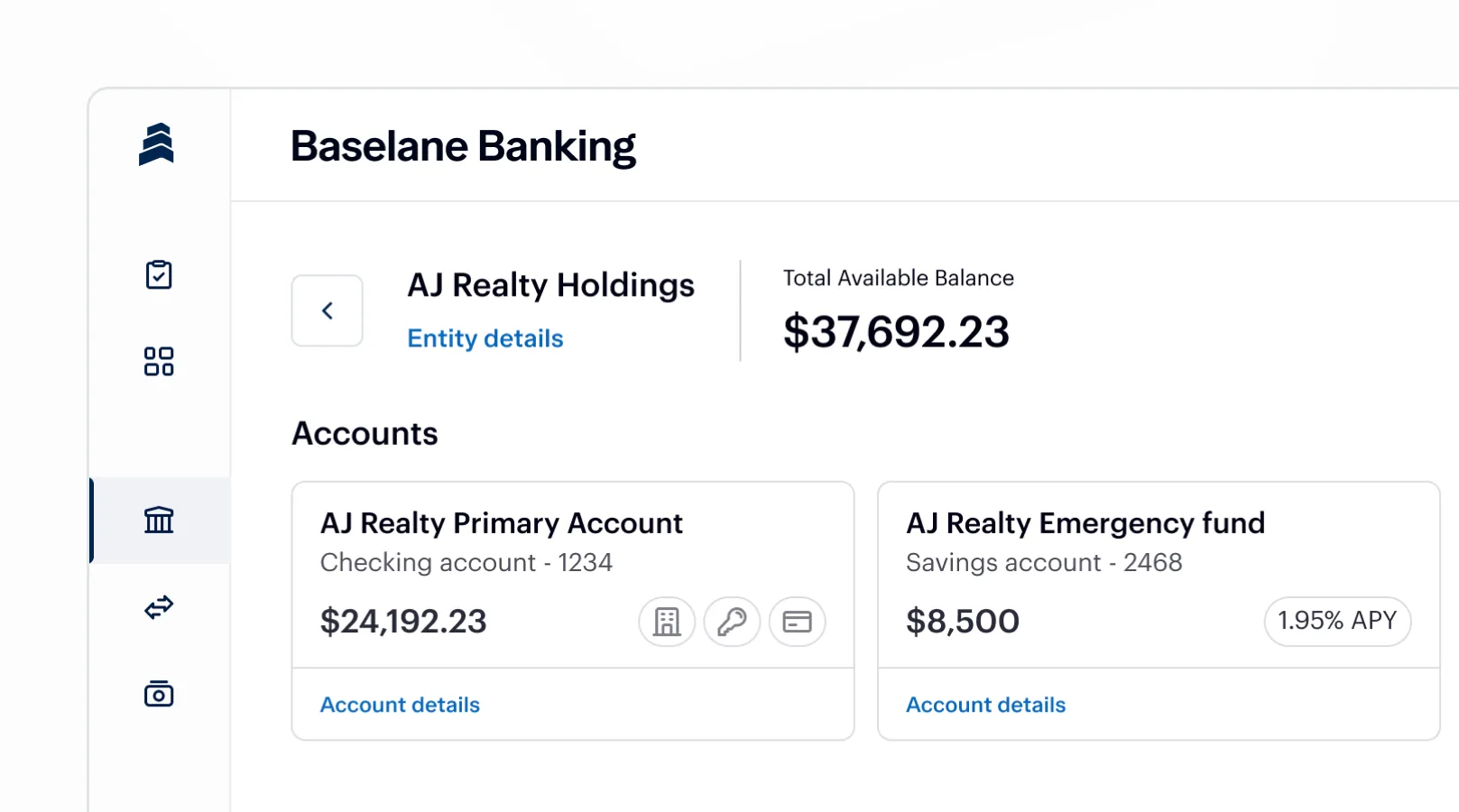How much security deposit can a landlord charge in Maine?
The Maine security deposit limit is 2 months' rent. Landlords can also charge first and last month's rent plus the security deposit, as the limit does not cover prepaid rent.
Is interest required on tenant security deposits in Maine?
No, Maine security deposit interest is generally not required. Landlords only pay interest if the unit is in a mobile home park.
How should I issue a security deposit receipt to tenants in Maine?
Landlords don’t need to disclose the landlord tenant security deposit bank account to tenants the tenant. Only if tenants ask then landlords must share the bank anime and account number where the funds are kept.
How many days to return the security deposit in Maine?
You must return the full remaining tenant security deposit in Maine within 21 days if you claim no deductions. If you make deductions, you have 30 days to return the remainder along with an itemized list.
What can a landlord deduct from a security deposit in Maine?
A landlord in Maine is legally permitted to deduct costs from the security deposit for unpaid rent and for damage to the rental unit (such as a house rental, apartment, or condo) that goes beyond normal wear and tear, including specific damages like floor damage. Importantly, if a landlord wrongfully deducts funds for normal wear and tear, the landlord becomes liable for double damages to the tenant. The landlord's rights to security deposit deductions are clearly laid out in the state law.
Can a security deposit be used for unpaid rent in Maine?
Yes, you can use the funds from the security deposit escrow account in Maine to recover any overdue rent from tenants. This is one of the most common and legally allowed deduction under the Maine Landlord rights security deposit rules.
Can a landlord keep a security deposit for breaking a lease in Maine?
If a tenant breaks their lease, landlord security deposit in Maine can be used to cover any lost rent. Since the tenant usually owes rent until a new renter is found, the deposit can help cover the gap from the vacancy. But, as a landlord you need to make a solid effort to find a replacement tenant as soon as possible.







